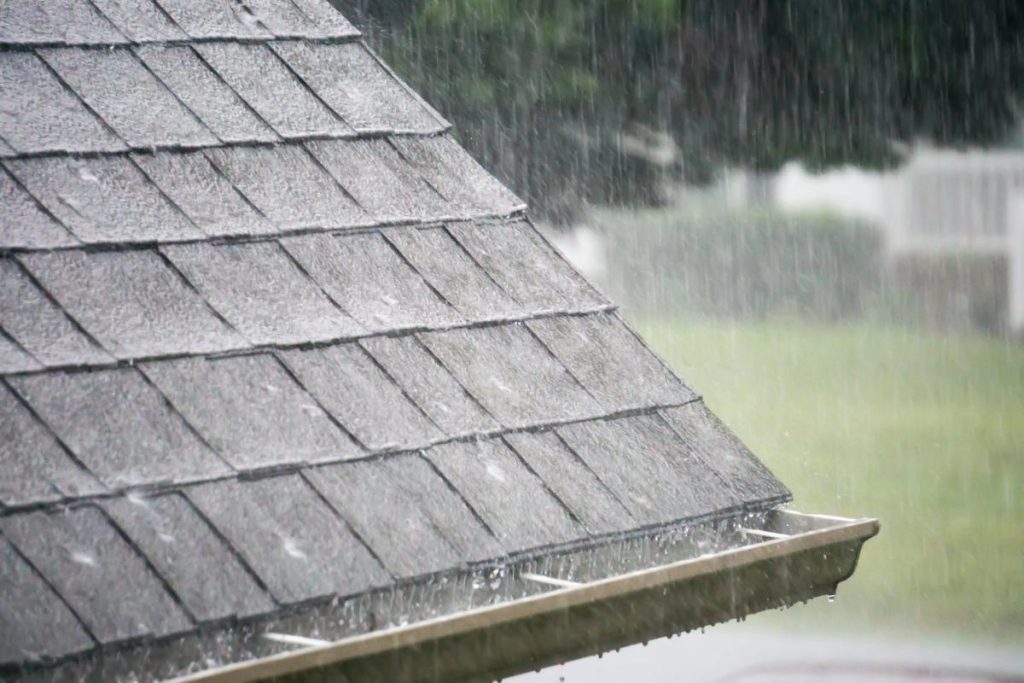As a homeowner, you take pride in your property and want to ensure it remains a safe, comfortable place for your family. However, even the most well-maintained homes can develop issues over time. Ignoring these problems can lead to more extensive damage and higher repair costs down the line.

In this article, we’ll explore six key areas of your home that require regular attention and prompt action when issues arise.
1. Roof Maintenance
Your roof is your home’s primary shield against the elements. It’s easy to overlook, but neglecting your roof can lead to a cascade of problems throughout your house. Small holes or damages can quickly escalate into major issues, causing water damage, mold growth, and compromised structural integrity.
Most roofs need replacement every 15-25 years, depending on the material and climate. However, this doesn’t mean you can ignore your roof between replacements. Regular inspections and prompt repairs are essential to maximize its lifespan and effectiveness.
If you notice missing shingles, dark spots, or water stains on your ceiling, it’s time to take action. While it might be tempting to climb up there yourself, roof repairs are best left to professionals. A qualified roofer can accurately assess the damage and provide a safe, lasting solution.
Remember, roof problems rarely occur in isolation. Water infiltration can lead to issues with your home’s interior, such as damaged plasterwork or weakened structural elements. By addressing roof problems promptly, you’re protecting your entire home.
2. Gutter Care
While gutters might seem like a minor component of your home, they play a crucial role in protecting your property from water damage. Properly functioning gutters direct rainwater away from your home’s foundation, preventing a host of potential issues.
Damaged or blocked gutters can cause water to overflow and seep into your home’s walls or foundation. Over time, this can lead to structural damage, mold growth, and even basement flooding. Regular gutter maintenance is key to preventing these problems.
Make it a habit to inspect and clean your gutters at least twice a year, particularly after autumn when fallen leaves can cause blockages. Look for signs of damage, such as cracks or sagging sections, and address these promptly. While you can handle some gutter maintenance yourself, don’t hesitate to call in professionals for more complex issues, especially those involving upper sections of guttering.

3. Boiler Maintenance
Your boiler is the heart of your home’s heating system, providing warmth and hot water. As with any complex machinery, regular maintenance is crucial to keep it running efficiently and safely.
The average lifespan of a boiler is around 15 years, but this can vary depending on usage and maintenance. As your boiler ages, it becomes less efficient and more prone to breakdowns. This not only affects your comfort but can also lead to higher energy bills.
To keep your boiler in top shape, schedule annual servicing with a qualified technician. They can identify and address potential issues before they become major problems. Additionally, consider investing in a boiler insurance policy for added peace of mind.
Pay attention to warning signs such as unusual noises, fluctuating temperatures, or higher than normal energy bills. These could indicate that your boiler needs attention or is nearing the end of its lifespan.
4. Drain Management
Blocked drains can range from minor inconveniences to major headaches. A severely clogged drain can lead to unpleasant odors, slow water drainage, and even sewage backups – problems no homeowner wants to face.
While it’s tempting to reach for chemical drain cleaners at the first sign of a blockage, these can often do more harm than good, damaging your pipes over time. Instead, consider using a plumber’s snake or drain rods to clear minor blockages. For more stubborn clogs, it’s best to call in a professional plumber.
Prevention is key when it comes to drain management. Be mindful of what goes down your drains, avoiding things like cooking grease, coffee grounds, and non-flushable wipes. Regular maintenance, such as using enzyme-based drain cleaners monthly, can help keep your pipes clear and flowing smoothly.
5. AC System Care
A well-functioning air conditioning system is crucial for comfort, especially during hot summers. Regular maintenance not only ensures your AC runs efficiently but can also extend its lifespan and improve your home’s air quality.
Schedule professional AC repair and maintenance at least once a year, preferably before the start of the cooling season. A technician can clean the system, check refrigerant levels, and identify any potential issues before they become major problems.
Between professional services, there are steps you can take to maintain your AC system. Regularly changing or cleaning the air filter is one of the simplest yet most effective ways to keep your AC running smoothly. Also, keep the area around your outdoor unit clear of debris and vegetation to ensure proper airflow.
If you notice reduced cooling efficiency, strange noises, or unusual odors coming from your AC, don’t ignore these signs. Prompt attention to these issues can prevent more extensive damage and costly repairs down the line.
6. A Solid Foundation
Your home’s structural integrity is perhaps the most critical aspect of home maintenance. Issues with your home’s structure can compromise its safety and lead to extremely costly repairs if left unchecked.
While some settling is normal in new homes, certain types of cracks warrant immediate attention. Large, deep vertical cracks (especially if wider at the bottom), zigzag cracks along walls, or cracks in the foundation are all red flags. Other signs of potential structural issues include doors that don’t close properly, shifting door frames, or sudden changes in floor level.
If you notice any of these signs, don’t wait – consult a structural engineer immediately. They can assess the situation and recommend appropriate action. While structural repairs can be expensive, ignoring these issues can lead to far more costly and dangerous situations in the future.
It’s also wise to review your home insurance policy to ensure it covers structural damage. If it doesn’t, consider updating your coverage for added protection.
Proactive Care for a Lasting Home
Maintaining your home requires vigilance and prompt action. By staying on top of these six key areas – roof, gutters, boiler, drains, AC system, and structural integrity – you can protect your investment and ensure a safe, comfortable living environment for your family.
Remember, while some minor repairs can be DIY projects, it’s crucial to know when to call in professionals. Attempting complex repairs without proper knowledge and tools can lead to more extensive damage and potentially dangerous situations.
By adopting a proactive approach to home maintenance, you’ll not only avoid costly repairs down the line but also maintain your property’s value and create a healthier living space for you and your loved ones. Your home is one of your biggest investments – give it the care and attention it deserves, and it will serve you well for years to come.
